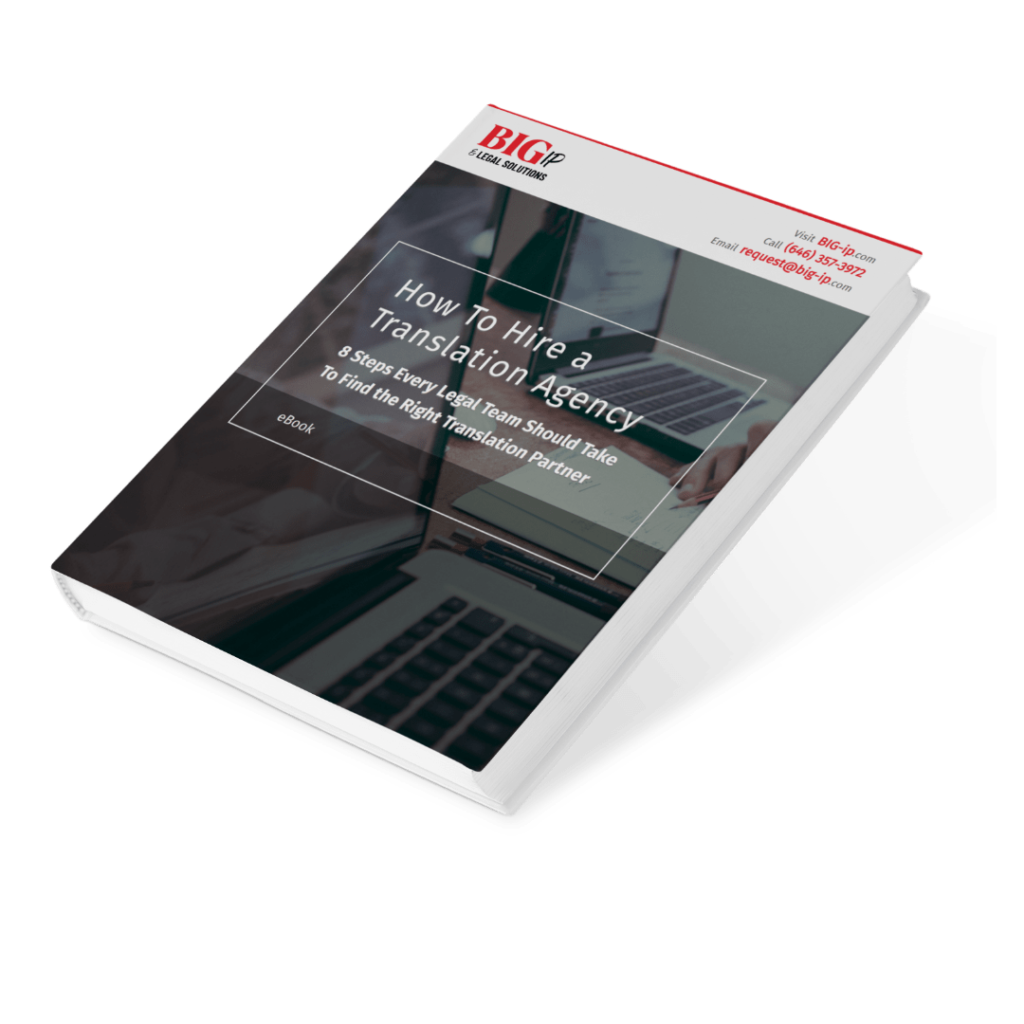Cleantech start-ups and small and medium-sized companies (SMEs) are driving real-world solutions for the global energy and climate challenges. To realize the full potential of their innovations, they need to be commercialized on a global stage. Climefort’s Prajwal Nirwan explains why collaboration is so vital to the sector’s success.
Clean technology (‘cleantech’) is advancing new solutions for mounting environmental challenges within traditional industry sectors, such as energy and transport, from fuel cell technology to carbon capture and storage (CCS). But, as is the case for many start-ups and SMEs, lack of budget and resources can be a major hurdle in achieving cross-border success and commercialization on a global scale.
For cleantech start-ups and SMEs that cannot access government or private funding, collaboration provides an important route to the market. The same applies to those who prefer not to partner with (or sell out to) a larger company in the very industry they are seeking to disrupt. “By coming together to collaborate, smaller companies can build a bigger bargaining position and compete on an equal footing, while staying true to their ‘clean’ ethos and vision,” explains Prajwal Nirwan who founded social enterprise Climefort to spearhead collaboration within the cleantech sector. He and his team help businesses work together to find innovative solutions to environmental challenges and to realize the full potential of their intellectual wealth.
Laying the Foundation
“For the collaborative model to work, there has to be a healthy competition between the parties,” notes Nirwan. This is also known as ‘coopetition’. Intellectual property (IP) rights, such as patents, can be extremely valuable here. “They not only safeguard innovations but could also act as an important tool for collaboration,” he says. “Open innovation does not mean that the R&D output is ‘free for all.’” In other words, its creators still need to agree on how to share and control access to their solutions.
It is tempting to think “I’ll cross that bridge when I get to it,” adds Nirwan, “but without the correct protocols in place at the beginning – for example, for invention disclosure or trade secret protection – you may not even get to that bridge.” This also applies to other related legal processes and documents, such as non-disclosure agreements (NDAs) and licensing agreements. Signing a contract is one thing, but ensuring compliance with its terms can be another.
Meeting the Cross-Border Challenge
Businesses operate and collaborate in an increasingly global market, yet legal structures remain for the most part national or regional in nature. This can cause issues for collaborating parties if the terms of agreements are not fully communicated or understood. Cleantech is not unique in this respect, but the prevalence of smaller companies and academic research institutes in the sector does tend to result in exciting cross-border and culturally diverse melting pots of innovation.
Localization and translation are crucial to establishing ownership rights and compliance in such multilingual and multinational cooperation structures, from employee contracts (who owns the invention?) to manufacturing agreements (are valuable trade secrets and know-how secured?).
But, while the cost of translation pales in comparison with the amount needed for R&D investment or patent acquisition, translation and localization are often overlooked or left to an attorney firm to manage. More worryingly still, translations are often managed through ‘free’ online platforms, such as Google Translate.
Where budgets are tight, it is important to save costs where you can but there are better ways to reduce margins that won’t expose you to such a high level of risk. For a start, such platforms are in the public domain, and all translations are owned by the free provider. Do you really want your confidential and sensitive business information being entered without control into the internet in this way?
Language Matters
Quality will always be an issue if translations aren’t given the attention they deserve. “How you describe, disclose, and protect innovation is critical for future business success in any industry but particularly so in sectors such as cleantech, that focus on emerging technologies and ‘white space’ innovation opportunities,” says Nirwan. “To describe ‘novelty’ in a single language requires specialist skill; to translate that into multiple languages requires a specialist translator.”
The solution here is to use a language service provider (LSP) that brings subject matter experts and attorneys with specific industry experience to localize, proofread, and quality control translations. Just as important, the LSP you choose needs to have robust security platforms and protocols in place to keep your confidential and sensitive data secure.
To find out more about collaboration, innovation, and commercialization in the cleantech sector, visit www.climefort.com.
To discover BIG IP & Legal Solutions’ security-first approach to translating sensitive and confidential information, including our secure LanguageVault® translation environment, visit https://biglssites1.wpengine.com/languagevault or contact us at [email protected].








